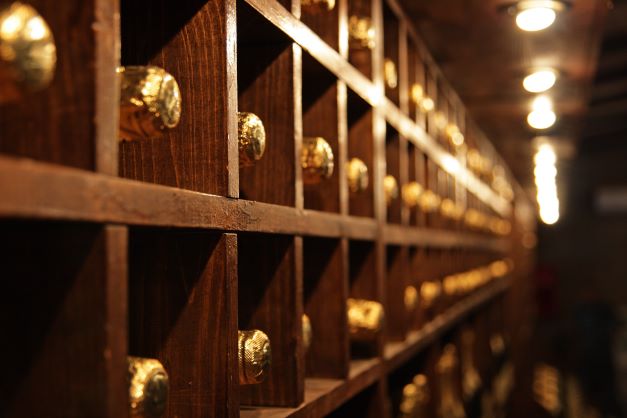Almost everything is an investment. From the building you eat a restaurant meal in, to the vending machine you might buy a packet of crisps from. Almost everything around us is the result of an investment by a private individual or a business, looking for a return.
One of the more relatable categories of investments is collectables because we’ve all collected something of value to us at some point in our lives. Some people collect items out of historical respect and intrigue. Others collect because of the aesthetic qualities of the objects and the collection they form part of. Many collect because of an emotional and child-like joy gained from the collectables (such as toys).
Finally, speculators enjoy collecting precious items because they think that the sought-after item will appreciate in value over the long term.
An example of an industry being turned on its head by speculative collectors is the fine wine and whisky industry.
The most expensive bottle of wine ever sold at an ordinary auction was a bottle of Romanee-Conti, a 1945 vintage, which sold in 2018 for a whopping $558,000 to a private buyer. This transaction might tip the scales and grab headlines, but it underlines a growing appreciation in the value of vintage bottles of wine, cognac, whisky and other long-life beverages.
UK investors are able to invest in wine through dedicated wine investment services such as Berry Bros, the London wine merchant with royal warrants to supply the Queen and the Prince of Wales. Equally they can also begin a ‘DIY’ collection in their own wine cellar with a single purchase of one case!
Here are why UK investors are asking their wealth managers to consider allocating a small portion of their investment portfolio to the most ‘liquid’ of all assets:
Combining business and pleasure
Investments can be dull. Especially to those who have led creative careers totally separate from finance and accounting. The subject of wine is are a combination of history, craftsmanship and entrepreneurialism.
Collecting wine is a hobby that rewards the knowledge and expertise of people who love the bottles they buy. This means that wine investment can be far more rewarding than investing in an index fund, because it’s inherently fun and more than just a spreadsheet as the investment can be held in an investors’ hands.
Strong historical returns
Wine and other liquid assets have a good track record for investment returns. Those returns can be realised through external sale, or through an internal marketplace like Berry Bros’s BBX Fine Wine Exchange.
Cult Wine Investment fund states on its website that it has provided a 171% return to investors from 2009 – 2021. This is comparable to many traditional assets.
Of course, past returns are not a good guide to future returns.
Alternative assets can protect investors against inflation
As we head into a period with sustained levels of high consumer price inflation, investors are looking for physical assets that should rise in value as the buying power of our currency falls. In principle, any physical object that retains its use and quality could work as an effective inflation hedge.
Wine has been collected in dusty wine cellars for hundreds of years, bringing joy (and occasionally a financial return) to their owners. Is it time for you to invest in a wine rack and begin your own collection?

